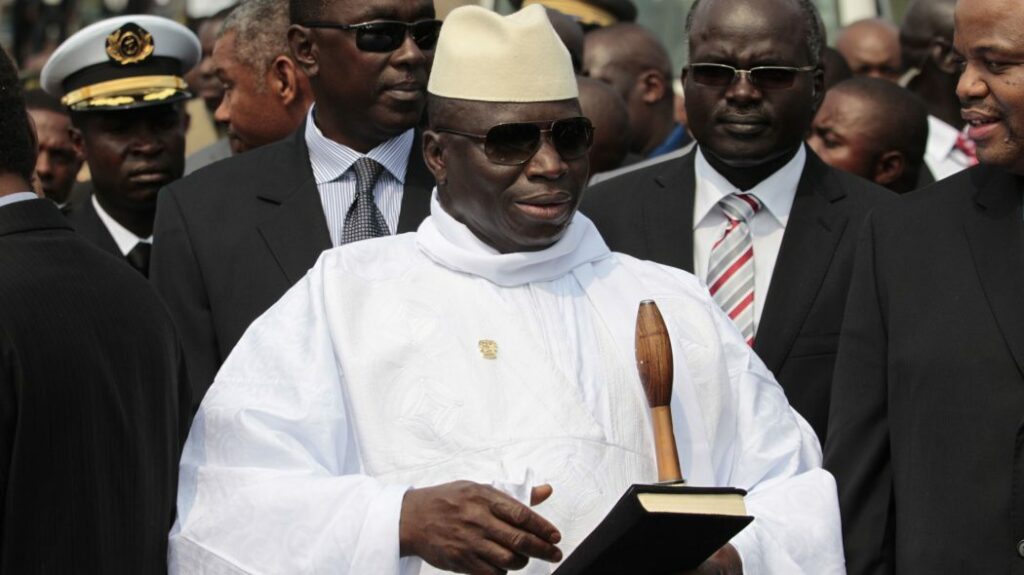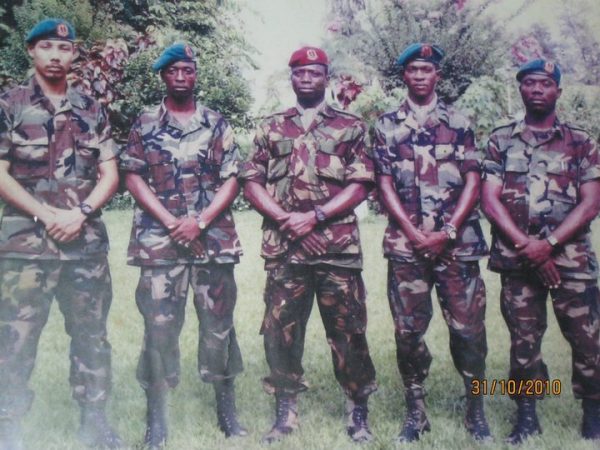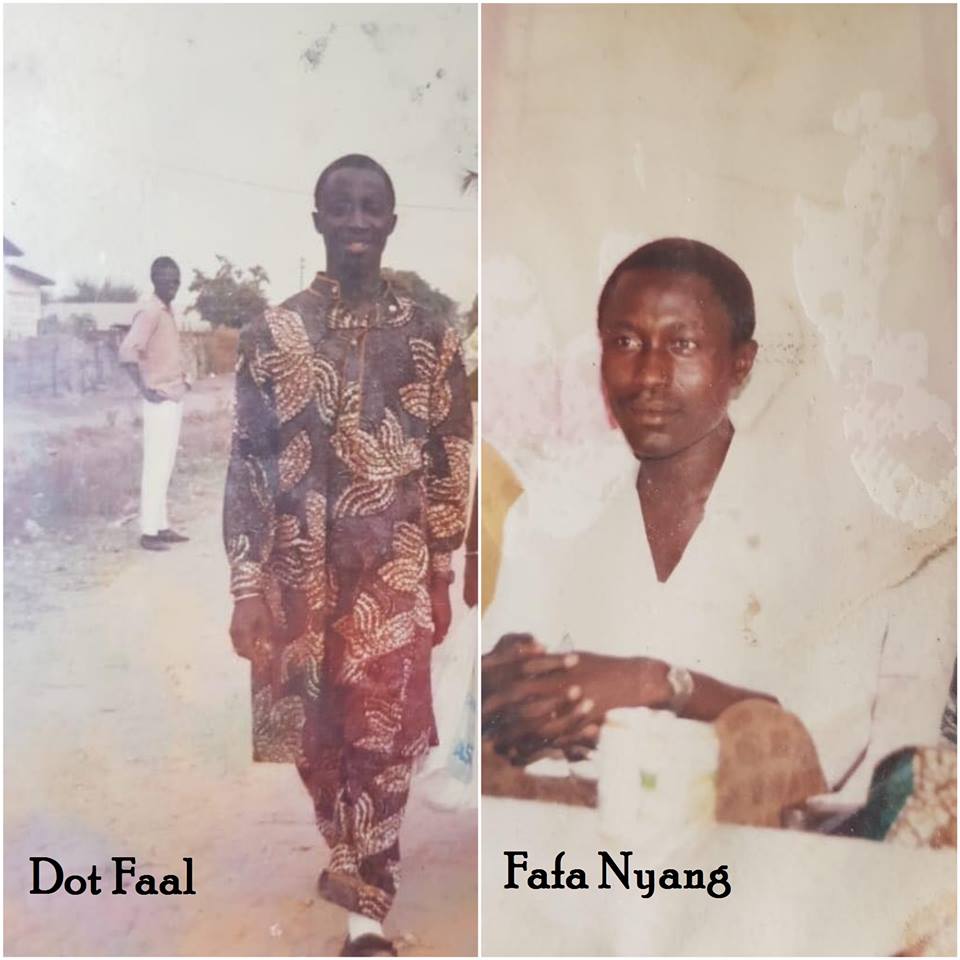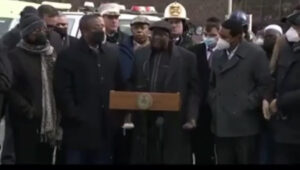
Every year, as November 11 rolls around, the pain for the families of Gambia’s executed soldiers sharpens anew. For them, time has not dulled the grief.
Instead, the anniversary of this tragic day serves as a stark reminder of a dark chapter in the country’s history—a chapter that remains largely unresolved and unpunished.
On November 11, 1994, in the wake of a military coup led by Lieutenant Yahya Jammeh, the new regime carried out a brutal purge. Several soldiers accused of conspiring against the coup were executed, including Lieutenant Basiru Barrow, Sergeant Abdoulie Dot Faal, and Bakary Manneh. These men, loyal to the ousted government of President Dawda Jawara, were detained, tortured, and killed by fellow soldiers under Jammeh’s orders.
For the victims’ families, the pain remains raw, compounded by decades of silence and impunity. The executions were part of Jammeh’s wider strategy to consolidate power after overthrowing Jawara’s government. The men were arrested without trial and their deaths were never officially explained.
For Sunkary Yarboe, the widow of Lt. Basiru Barrow, the personal toll is immeasurable. “I was only 11 months old when my father was killed. I never had the chance to know him,” she says. “It feels like part of me is missing.”
The memory of that fateful day still haunts the families of the slain soldiers. Awa Njie, widow of Sgt. Abdoulie Dot Faal, speaks tearfully: “Every year, our hearts melt. We remember that day, the pain, the loss. It feels like we are stuck in time, unable to move forward because justice hasn’t come.”
Jammeh’s 22-year rule was marred by rampant human rights abuses, including extrajudicial killings, forced disappearances, and violence against opponents. The soldiers executed on November 11, 1994, were not the only victims of his regime, but their deaths stand as a powerful symbol of the injustice and cruelty endured by so many.

It wasn’t until 2016, after Jammeh was defeated in a presidential election and fled into exile, that Gambia began to reckon with its past. A key step in this process came in 2018 with the creation of the Truth, Reconciliation, and Reparations Commission (TRRC), tasked with investigating the crimes committed under Jammeh’s regime.

For the families of those executed on November 11, the TRRC offered a glimmer of hope. The commission’s hearings allowed victims to testify, and some former government officials even admitted their involvement in the killings. However, while the TRRC issued recommendations for prosecutions, the families of the November 11 victims feel these steps fall far short of justice.
Fatou Manneh, the sister of Bakary Manneh, is one of those still waiting for accountability. “Jammeh killed so many people, and my brother was one of them,” she says, her voice trembling. “My parents died from the shock of losing him. The grief took them too.”
For Isatou Marong, the widow of Lt. Basiru Barrow, the fight for justice is not just personal; it’s for the thousands of others who suffered under Jammeh’s reign. “We cannot let them walk free,” she says. “We must keep fighting for justice—for the lives that were stolen too soon.”
As Gambia continues its journey toward healing, the fight for justice remains at the heart of the nation’s ongoing transition.
Reporting by Adama Makasuba










Recent Comments